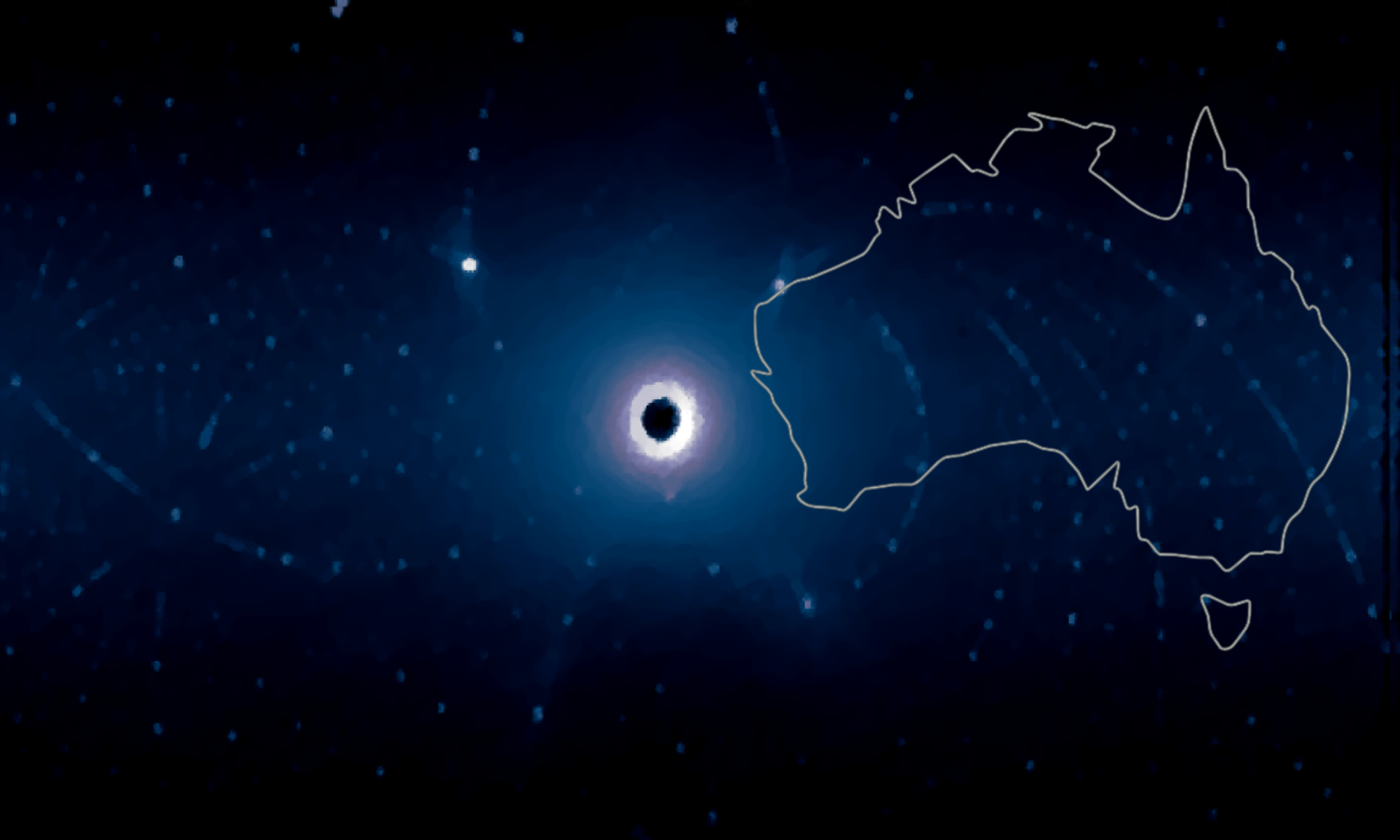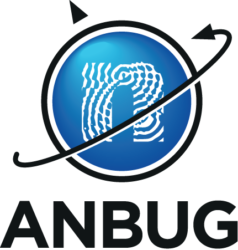Dear ANBUG members
The ANBUG executive team received the email below from Jamie Schulz.
This is a very concerning development that also affects other facilities
such as the National Deuteration Facility, the Australian Synchrotron
and the Centre for Accelerator Science.
We are trying to collate feedback from all users and would appreciates
your thoughts.
Please send your feedback to secretary@anbug.net and cc’ in anbug.secretary@gmail.com, or contact us directly.
Many thanks
Michael Preuss & the entire ANBUG executive team
Dear ANBUG Executive,
I am writing to let you know of some proposed changes to the operations
of ANSTO facilities.
For more than a year, ANSTO has been working to refresh its priorities –
to provide better support for its workforce, support financial stability
for the long term and ensure the focus is on the delivery of our core
functions and support of national priorities. To achieve this, the
organisation has proposed changes to its capabilities, instruments,
activities and staffing requirements, among other measures. These
proposed changes are essential to ensuring ANSTO is optimally positioned
to continue to deliver the benefits of nuclear science and technology to
Australia.
We are increasing the alignment of research infrastructure and research
capability to support and complement ANSTO core operations and
activities in delivering public benefit through nuclear science and
technology. ANSTO will continue to deliver world-class user programs and
research, including capital enhancements to infrastructure. Core
functions of the organisation, including safe and secure reactor
operations, supply of nuclear medicines and research and use of nuclear
science and technology, will be maintained, as mandated by the ANSTO Act
and Mission. The outcome will be a stronger and more focused
organisation.
ANSTO welcomes stakeholder feedback and questions on the proposed
changes via nstfeedback@ansto.gov.auup to 7th November 2025.
The proposed changes are as follows:
Australian Centre for Neutron Scattering
• Proposed cessation of the operation of the Koala Laue diffractometer
o It is proposed to cease operations of this instrument at the end of
the 2025 operational cycles and for it not to be available for Merit
Access or Commercial Access experiments in 2026 onwards.
• Proposed cessation of availability of Beryllium-Filter capability on
Taipan instrument
o It is proposed to cease operations of this capability at the end of
the 2025 operational cycles and for it not to be available for Merit
Access or Commercial Access experiments in 2026 onwards.








